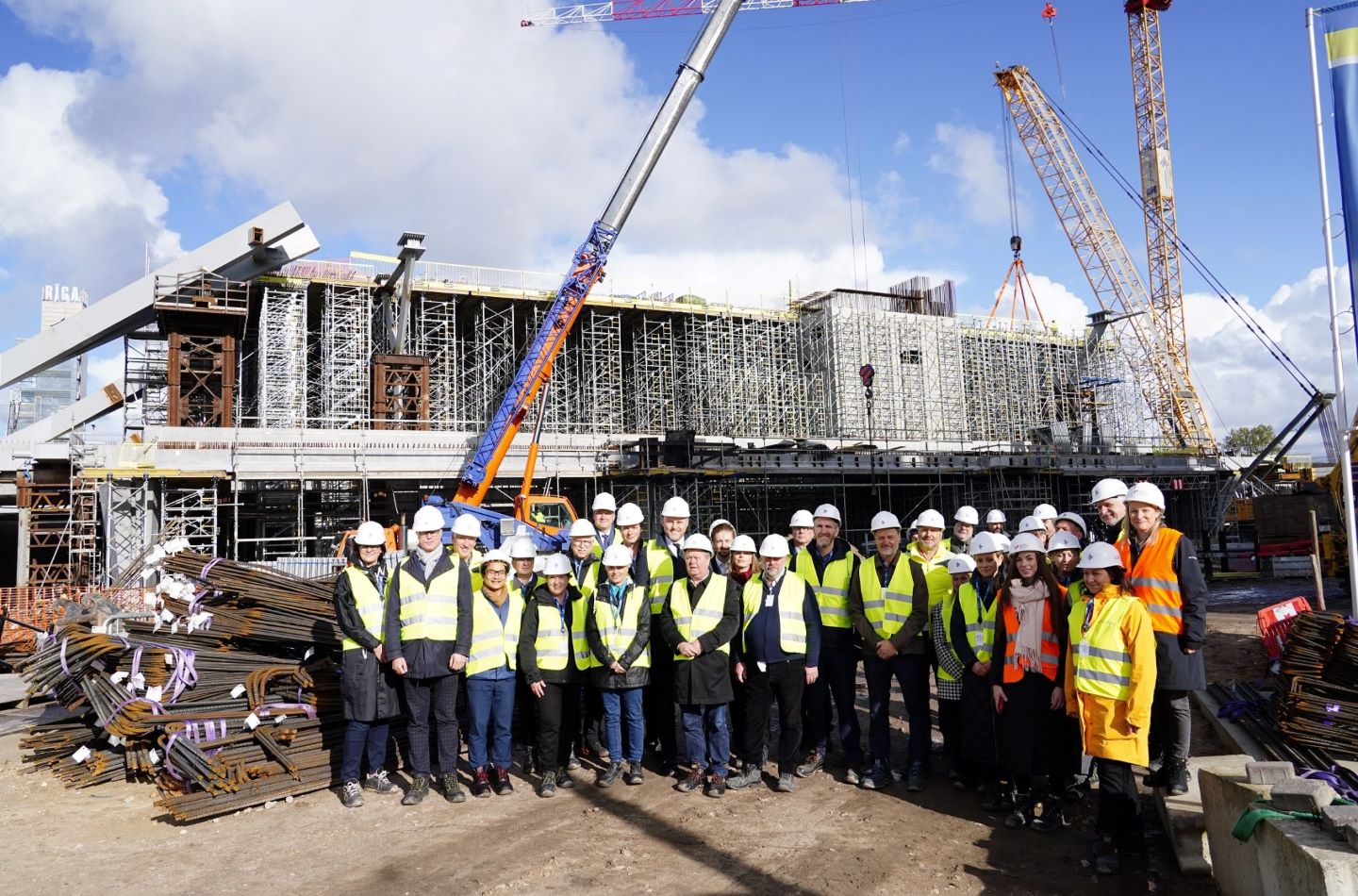
On 16 October a delegation of parliamentarians from the Baltic Sea nations met with Latvia’s Minister of Transport Kaspars Briskens and the organisations of Rail Baltica with the aim of gaining significant insight into the Rail Baltica project.
The delegation included parliamentarians from Sweden, Finland, Norway, Poland, Lithuania, Estonia, Denmark, Germany and Latvia.

Discover B2B Marketing That Performs
Combine business intelligence and editorial excellence to reach engaged professionals across 36 leading media platforms.
The discussions remained focused on the strategic importance of the project, Rail Baltica’s progress in Latvia and its integration into the EU rail network.
Rail Baltica is the largest infrastructure project in the Baltic region over the past century, spans five European countries: Poland, Lithuania, Latvia Estonia and Finland, spanning 870km.
Latvian Minister for Transport Kaspars Briskens emphasised the importance of Rail Baltica and the extensive progress of operations in Riga: “Today, Rail Baltica has transformed from a dream and vision into a project that clearly outlines the scale of its infrastructure and the ecosystem, which this new economic and security corridor will create.
“In Riga, one can witness one of the most extensive Rail Baltica construction sites, giving shape to a modern and multimodal transportation hub. Furthermore, the progress in construction and design is evident throughout the Baltic region.”

US Tariffs are shifting - will you react or anticipate?
Don’t let policy changes catch you off guard. Stay proactive with real-time data and expert analysis.
By GlobalDataThe parliamentarians visited Riga to organise the first working group session of the Baltic Sea Parliamentary Conference (BSPC) which was based on energy supply issues.
Andris Kulbergs, chairman of the BSPC Working Group, emphasised the importance of meeting with the Rail Baltica group.
Kulbergs said: “The geopolitical situation has made it evident that the resilience and connectivity of our transportation networks are the foundation of security for all our countries. We see that parliamentarians from the Baltic Sea region share a common understanding of the challenges and the vision for their solution.
“The priorities of the working group are clear: energy independence, digitalisation of the sector and connectivity of transportation networks. Therefore, it was important for our working group to meet with the Rail Baltica team.”
Following this announcement, the Rail Baltica project is set to receive an additional €1.1bn ($1.159bn) in funding for the next phases of the project implementation. This will include €928m ($978m) from the EU’s Connecting Europe Facility alongside national co-financing from the three Baltic states.





